People often feel unwell and immediately call 03, regardless of the specific problem and hoping for the fastest possible arrival of doctors. There are two types of urgent medical care – emergency and emergency.
People often feel unwell and immediately call 03, regardless of the specific problem and hoping for the fastest possible arrival of doctors.
There are two types of urgent medical care – emergency and emergency. Emergency care is provided in cases where there is a threat to the patient's life. Emergency care is provided in situations where there is no direct threat to life, but the disease is in an acute stage and it is also necessary to help a person as soon as possible. Both types of assistance are provided by ambulance services. However, there are cases when it is necessary to call a general practitioner at home without resorting to the services of an ambulance.
So, "Ambulance" it must be called if:
- Do you suspect that a person's life is in danger
- You found an unconscious man
- The patient suddenly developed any breathing disorders
- The person fainted, felt a sharp weakness and could not move
- Mental disorders have appeared, accompanied by actions of the patient that pose an immediate danger to him or others
- There is a pronounced pain syndrome
- Do you notice sudden dysfunctions of any organ or organ system
- Any injury was sustained
- There was sudden bleeding
- You suspect a sudden acute illness (condition), an exacerbation of a chronic
- A woman goes into labor.
The main task of the ambulance is to stop the acute condition (that is, to alleviate the symptoms of the disease or to save the patient's life before arriving at the hospital), without giving any recommendations for further treatment.
A completely different type of care is provided by general practitioners at home. In addition to providing emergency care, they determine therapeutic tactics and monitor the patient until his recovery. If necessary, the doctor can immediately take tests or decide on hospitalization. If a person suffers from serious chronic diseases, then it is advisable for him to have in his hands analyses and instrumental research data for previous periods of treatment.
People often feel unwell and immediately call 03, regardless of the specific problem and hoping for the fastest possible arrival of doctors.
There are two types of urgent medical care – emergency and emergency. Emergency care is provided in cases where there is a threat to the patient's life. Emergency care is provided in situations where there is no direct threat to life, but the disease is in an acute stage and it is also necessary to help a person as soon as possible. Both types of assistance are provided by ambulance services. However, there are cases when it is necessary to call a general practitioner at home without resorting to the services of an ambulance.
So, "Ambulance" it must be called if:
- Do you suspect that a person's life is in danger
- You found an unconscious man
- The patient suddenly developed any breathing disorders
- The person fainted, felt a sharp weakness and could not move
- Mental disorders have appeared, accompanied by actions of the patient that pose an immediate danger to him or others
- There is a pronounced pain syndrome
- Do you notice sudden dysfunctions of any organ or organ system
- Any injury was sustained
- There was sudden bleeding
- You suspect a sudden acute illness (condition), an exacerbation of a chronic
- A woman goes into labor.
The main task of the ambulance is to stop the acute condition (that is, to alleviate the symptoms of the disease or to save the patient's life before arriving at the hospital), without giving any recommendations regarding further treatment.
A completely different type of care is provided by general practitioners at home. In addition to providing emergency care, they determine therapeutic tactics and monitor the patient until his recovery. If necessary, the doctor can immediately take tests or decide on hospitalization. If a person suffers from serious chronic diseases, then it is advisable for him to have in his hands analyses and instrumental research data for previous periods of treatment.
Was this information helpful?
Questions and answers
Ask a Question







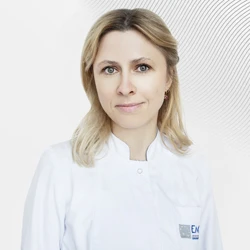
.webp)

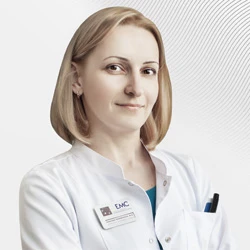
.webp)
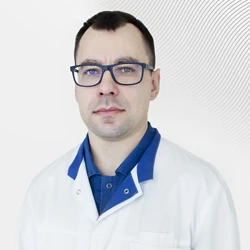
.webp)

.webp)
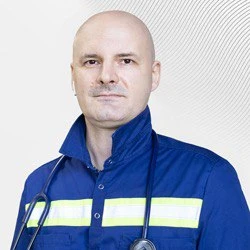
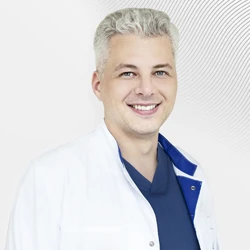


.webp)
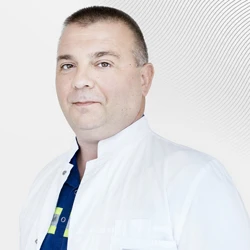

.webp)

.webp)
